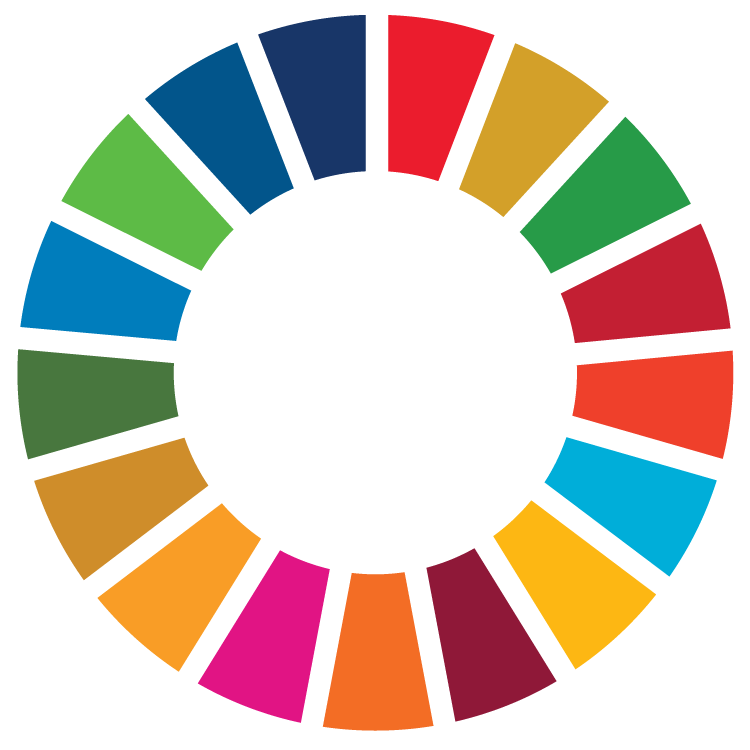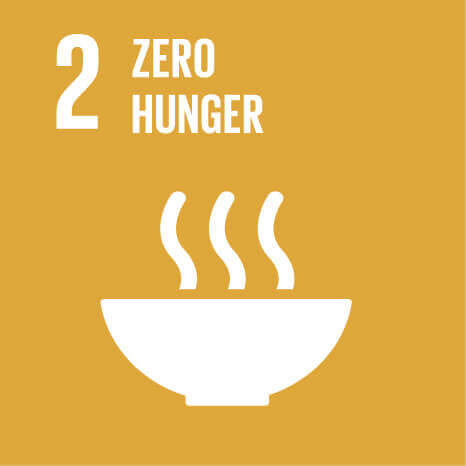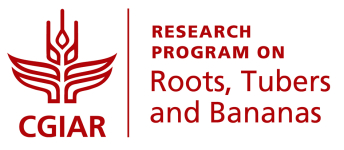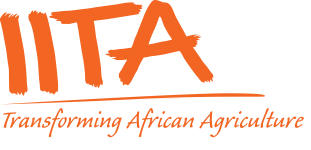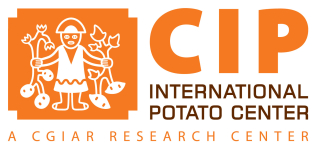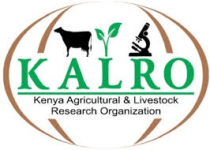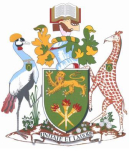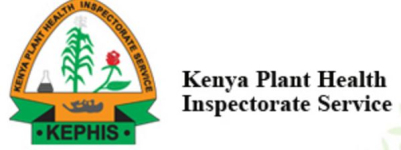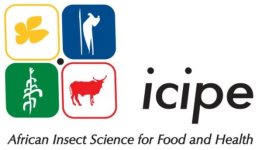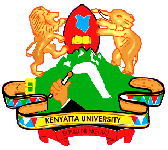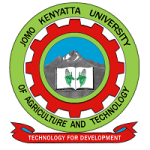Kenya Plant Health Inspectorate Service (KEPHIS), research, development partners and private sector have joined forces to reduce the incidence of potato cyst nematodes in Kenya
Published on: April 30, 2019, Submitted by Claudio Proietti on: March 25, 2019, Reporting year: 2018
Evidence-based surveillance and management strategy to reduce the incidence and limit the spread of potato cyst nematodes is being developed and implemented in Kenya. Stakeholders from public, private and research for development sectors are collaborating to strengthen national capacity to cope with this new invasive threat.
Potato Cyst Nematodes: A Threat to Potato Production in Kenya (Newspapers)
STORY FOR COMMUNICATION USE
In 2015, potato cyst nematodes (PCN) were confirmed in sub-Saharan Africa for the first time, in Kenya. These pests, that originate from the Andes (South America) have been introduced into many potato growing regions across the globe even though they are classified as quarantine pests globally.
PCN can have a devastating impact on potatoes. These pests infect the roots, causing stunted crop growth and reducing tuber yields up to 80%, or total crop failure even under severe infection levels. They are extremely difficult to control due to their ease of spread and their ability to remain dormant in the soil in the absence of host potato plants, protected within cysts that can survive up to 20 years.
In 2016 KEPHIS, KALRO, Kenyatta University and University of Nairobi, together with icipe, IITA and FAO realized a national survey of PCN in Kenya, sampling 1,250 farms from all key potato growing counties including 22 certified potato seed farms. Analysis revealed a stunning level of pest prevalence of 82%, with some very high levels of infestation recorded. Shockingly, 82% of seed farms were also infested with PCNThe presence of Globodera pallida, a species until then not reported in Kenya, was also confirmed during this survey.
With the results of this survey, KEPHIS together with its R4D partners have concluded that immediate actions are necessary to mitigate and manage the spread of these highly damaging pests, in both Kenya and the region as a whole.
A scientific and technical task force was created and included the Ministry of Agriculture, KEPHIS, KALRO, Kenyatta University, CIP, icipe and IITA. Through the task force, the capacity of national extension officers and the phytosanitary services to accurately diagnose and deal with PCN were strengthened (21 staff nominated by KEPHIS, KALRO and Kenyan Universities).
Stakeholders within the certified potato seed industry were also sensitized to the serious threat that PCN represents for potato production and for their business. New guidelines for the assessment of certified seed production were distributed by KEPHIS, which specifically included the need to test for the detection of PCN. Leaflets, other communication materials and newspaper articles contributed significantly to raising awareness among potato growers and the public. Increased awareness was clearly reflected in the potato variety catalogue distributed in 2017 by the National Potato Council of Kenya, where information about the tolerance/resistance to PCN of 19 potato varieties was included.
ELABORATION OF IMPACT STATEMENT
A national surveys on potato cyst nematodes was realized in 2016 in collaboration with KEPHIS, KALRO, Kenyatta University, University of Nairobi, icipe, IITA and FAO.
A scientific and technical task force was created and included the Ministry of Agriculture, KEPHIS, KALRO, Kenyatta University, CIP, icipe and IITA. Through the task force, the capacity of national extension officers and the phytosanitary services to accurately diagnose and deal with PCN were strengthened (21 staff nominated by KEPHIS, KALRO and Kenyan Universities).
Based on the results of the survey, in 2017 KEPHIS also issued new technical guidelines making soil sampling for PCN mandatory to all potato seed producers. Guidelines were implemented in 2017 and 2018.
Laura Cortada-Gonzalez (IITA), Danny Coyne (IITA), George Ngundo (KEPHIS) and Solveig Haukeland (icipe)
Stage of Maturity and Sphere of influence
-
Stage of Maturity: Stage 1
-
Contributions in sphere of influence:
Acknowledgement
This work was undertaken as part of the CGIAR Research Program on Roots, Tubers and Bananas (RTB).
